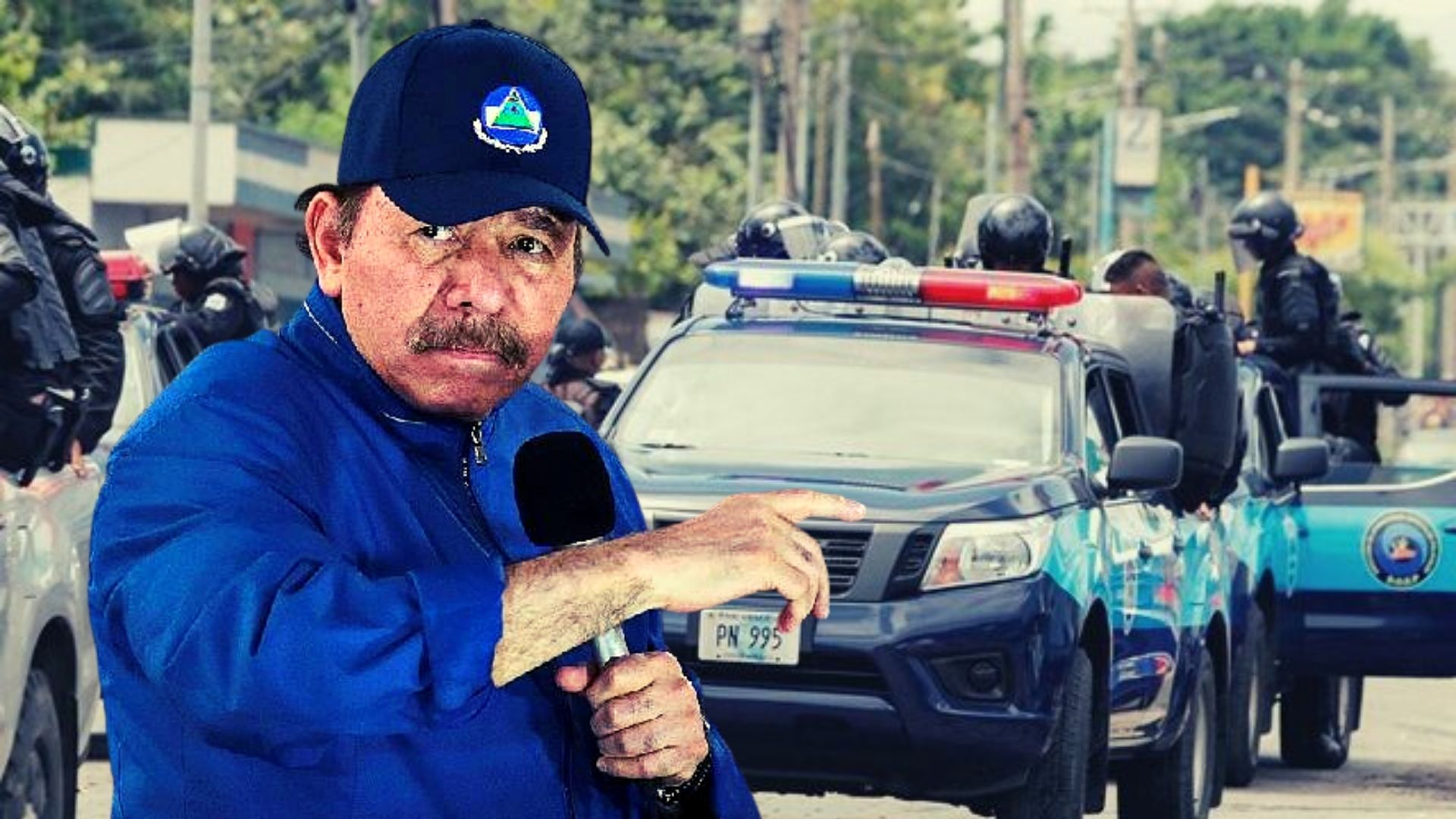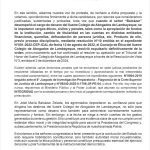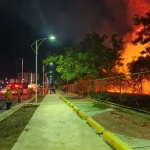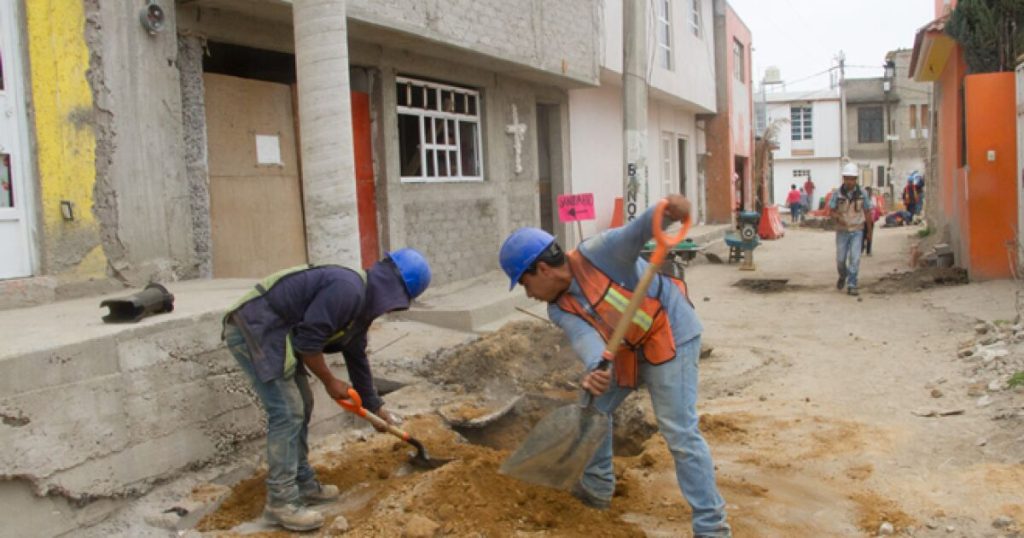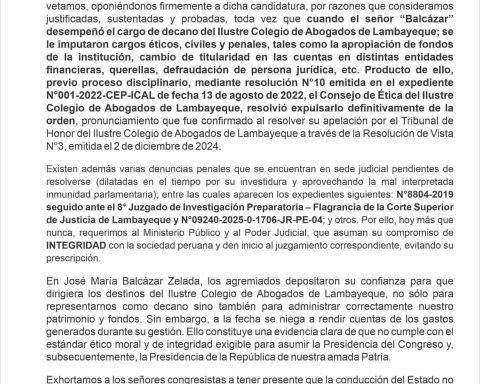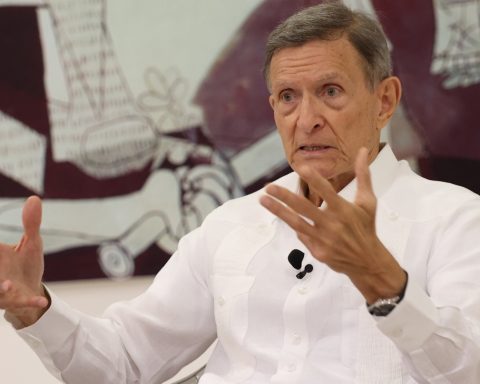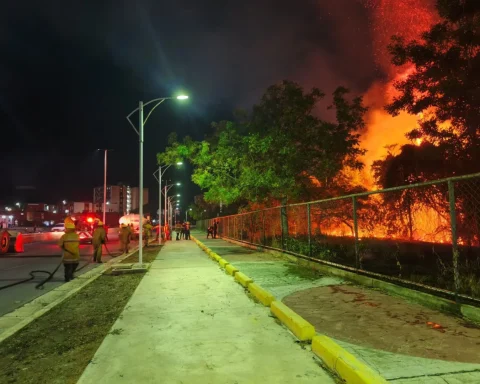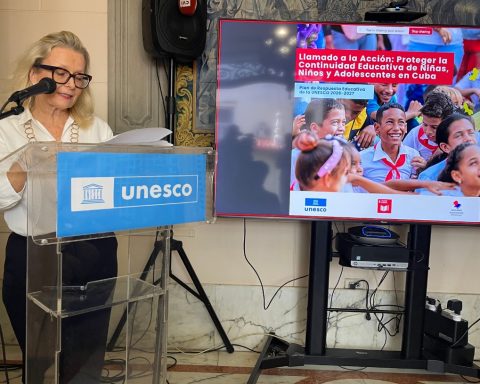Earlier this month, another plane loaded with Nicaraguans left Nicaragua. The flight was bound for La Aurora airport in Guatemala City, and the “passengers” were 135 political prisoners who had been locked up for months in Daniel Ortega’s prisons. Days later, they were declared stateless by a judge of the Sandinista regime.
The released prisoners spent months incommunicado in maximum security prisons, accused and convicted of political crimes. Days after their release, they recounted the abuses and human rights violations they experienced at the hands of their jailers.
Before this latest mass exile, Daniel Ortega’s regime held more than 151 political prisoners in its jails, but it is feared that the list has doubled because the kidnappings do not stop, and fewer and fewer relatives of the prisoners avoid reporting the incidents for fear of further reprisals.
In a press release issued on September 5, the authorities of the U.S. government, the country that has received the latest exiles, stated that “Daniel Ortega, Rosario Murillo and their associates continue to violate human rights, repress legitimate dissent, imprison opponents, confiscate their property and prevent citizens from re-entering their country of origin.”
Country under terror
The US government, which has negotiated the latest releases of Nicaraguan opponents, urged the regime to empty the prisons of political prisoners “immediately and unconditionally.” “The Nicaraguan people want and deserve a restored democracy in which everyone can exercise their human rights and fundamental freedoms, free from fear of persecution or reprisals. We continue to support their aspirations for the future,” it added in the statement.
In fact, a recent report by the Office of the High Commissioner for Human Rights (OHCHR) states that the human rights situation in Nicaragua “has continued to seriously deteriorate.” The document, which covers from June 15, 2023 to June 15, 2024, reveals arbitrary detentions, torture, forced disappearances, sexual violence, among other crimes committed by the Ortega and Murillo regimes.
Related news: UN warns of “serious” deterioration of human rights in Nicaragua
According to the report, the situation is exacerbating the reduction of civic and democratic spaces that the regime has imposed since 2018. The persecution against “those who express dissenting opinions” or anyone “who acts independently” has not ceased.
Serious international accusations
The High Commissioner’s report highlights “severely restricted rights,” forced disappearances and arbitrary detentions carried out on the orders of Ortega and Murillo.
It notes that following the arrest of the two coastal deputies of the YATAMA indigenous party, Brooklyn Rivera and his alternate, Nancy Henríquez, in September and October 2023, the OHCHR “repeatedly called for their release” and the Inter-American Commission on Human Rights, IACHR, considered that their lives were at “extreme risk.”
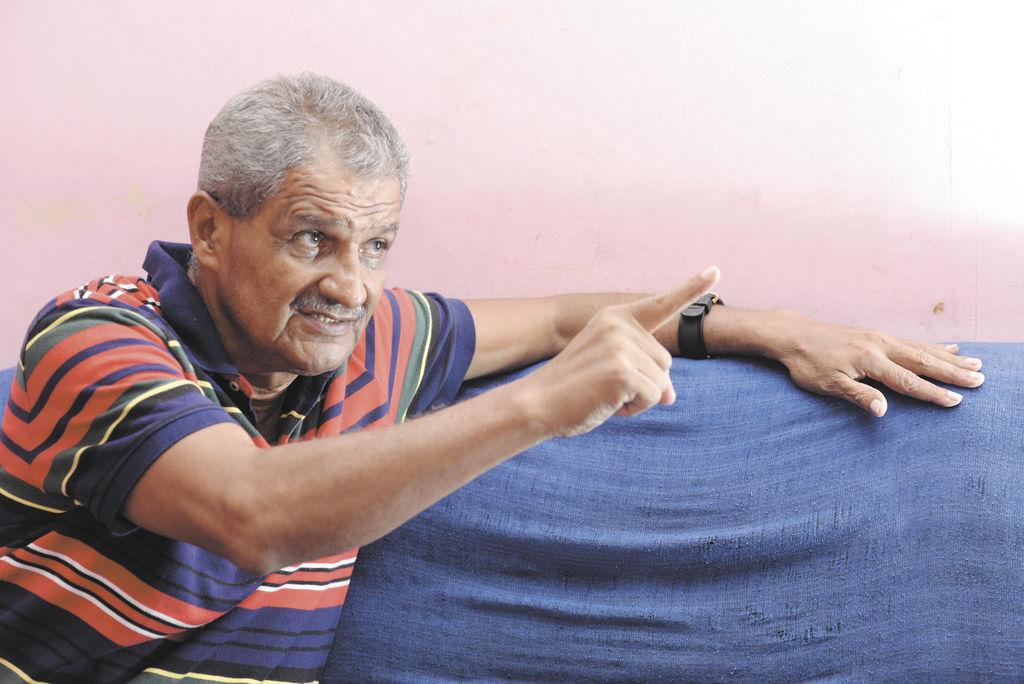
The deputy was sentenced to eight years in prison for treason and spreading false news, and in the case of Rivera, he has not been charged nor has his detention been officially recognized by the Ortega regime.
In the report, OHCHR researchers recall the case of a 70-year-old merchant who was arrested on October 10, 2023, “for criticizing the Government in informal conversations in his shop,” located in Terrabona, Matagalpa, and who, up to a month later, his relatives learned that he had been sentenced to seven years for arms trafficking.
Meanwhile, on November 20 of that year, 65-year-old academic Freddy Quezada was arrested for a social media post against the dictatorship, the report confirmed. Quezada’s whereabouts were unknown to his family until his recent exile to Guatemala.
Related news: Human Rights Organization in Nicaragua relaunches website with artificial intelligence
As of June 2024, a woman had been detained for 13 months for printing and distributing stickers of Bishop Rolando Álvarez. According to the report, her whereabouts were hidden from her relatives for 48 hours. Her university-aged children had their scholarships cancelled and had to abandon their studies.
Crimes against humanity, a routine for Ortega
The Center for Justice and International Law (CEJIL), the Human Rights Collective Nicaragua Never Again, the Legal Defense Unit and the Registration Unit, describe in a report “alarming data” on forced disappearances in Nicaragua.
They report that between 2019 and August 2023, several of the political prisoners were victims of forced disappearance for periods of up to 90 days, during which time the State did not inform their families or lawyers about their whereabouts or health status, nor did they allow visits. The report mentions emblematic cases such as that of the deputy Rivera, Quezada and the poet Carlos Alberto Bojorge. Of these, only Rivera remains kidnapped in Nicaragua.

Quezada was arrested on November 29, 2023, and his family was able to see him in Guatemala until this September. In the case of Bojorge, arrested on January 1, 2024, after shouting “Long live the Catholic Church” at the end of Sunday mass, his family was able to locate him until June 2024. He was also expelled to Guatemala.
The Nicaragua Never Again Rights Collective believes that in these cases of forced disappearances it is urgent to “make visible the suffering of families, mainly the families of political prisoners, who are detained without guarantees and without their relatives being informed of their whereabouts, having to undertake an arduous search for their loved ones, as well as to demand accountability from Ortega and Murillo, who perpetuate these unacceptable practices.”
The organization considers that “forced disappearance, temporary or permanent, is a crime against humanity that must be investigated by democratic states.”
Violating due process
In the case of the members of the evangelical ministry Puerta de la Montaña, who were among the 135 expelled from Nicaragua and who were “investigated” for money laundering and sentenced to between 12 and 15 years in prison, the regime not only annulled the religious organization to which they belonged, but also confiscated their assets, estimated at 5 million dollars.
The UNHRC report highlights that they were prevented from physically attending the hearings, which were held via videoconference, and they were also not assisted by their lawyers. Since then, they remained incommunicado for up to nine months.
During the reporting period, the High Commissioner reports “more arbitrary detentions”, rising from 54 in June 2023 to 131 in May 2024, observing “a recurring pattern of brief detentions, often for a few hours, before being released on condition that they report to the local police station daily, in some cases twice a day”.

The regime has also systematically violated due process and the right to a fair trial, as detainees were not informed where they would be taken, they were not allowed contact with their families, which amounts to enforced disappearances, and trials were held in their absence.
“OHCHR documented 26 cases in which criminal trials were held in the physical absence of the accused, who participated only via video call and without legal assistance,” the report says.
Torture and inhuman treatment
According to the UNHRC document, five detainees have been subjected to torture or ill-treatment, including brutal beatings and prolonged isolation.
In the second half of 2023, seven new cases of torture were documented: electric shocks, sexual abuse and rape. Three detainees reported having been raped, two cases of female circumcision and three cases of testicular strangulation were reported.
The lack of medical care, particularly for the elderly or those suffering from chronic illnesses, adds to the long list of violations of the regime.

In the case of Douglas Pérez Centeno, who was extradited from Costa Rica to Nicaragua on February 16, they point out that “he is being held incommunicado and there are reasonable grounds to believe that he may be suffering severe ill-treatment or torture, due to his well-known profile as an anti-government activist.”
Crimes against human dignity
“During the reporting period, OHCHR documented practices contrary to human dignity and the most basic principles of human rights, such as female genital mutilation, testicular strangulation, and the complete separation of women from their nursing children, without even the possibility of regular visits. The extreme suffering inflicted on victims and their families and communities will take decades to heal,” says one of the report’s conclusions.
They suggest that the crisis that has been going on in Nicaragua since 2018 “requires an urgent change of direction by the Government. It is essential to revoke the legal, administrative and political framework designed to repress dissent and independent civic and political activity.”
Related news: Human rights organizations launch campaign for freedom of worship in Nicaragua and Venezuela
Among other measures, the High Commissioner recommends “urgently ceasing all acts of persecution against individuals and organizations, including women’s rights organizations, perceived as opposing the Government.”
They also call for an end to stigmatization through hate speech, “police harassment, illegal or arbitrary deprivation of liberty, misuse of criminal law, deportations, arbitrary denials of entry to Nicaragua and the retention of travel documents, necessary to leave the country.”
Ortega without answering
During the reporting period, OHCHR conducted 120 interviews with victims, witnesses and other sources. It held 106 meetings with representatives of civil society organizations in the country and the international community.
OHCHR says that in May 2024, it sent a communication to the Nicaraguan government to obtain its version of the findings, but received no response.
Between 2023 and June 15, 2024, according to the report, 303 organizations were canceled in Nicaragua, including women’s organizations (245) that worked on gender violence, women’s economic empowerment, assistance to indigenous and Afro-descendant women, health and sexual and reproductive rights.
To avoid reporting its abuses, the Ortega-Murillo regime has canceled more than 5,500 non-governmental organizations since 2018.
